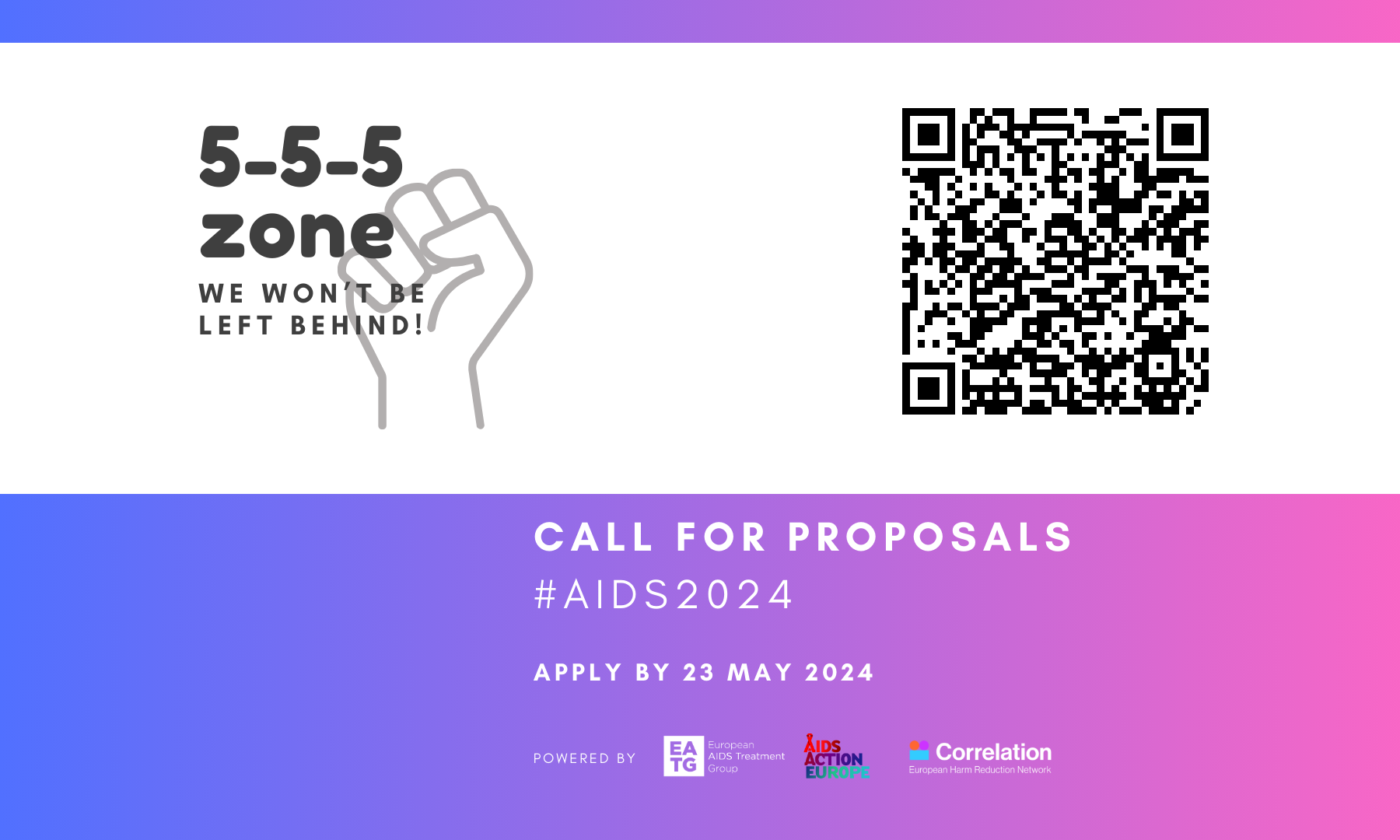
Multiple authors
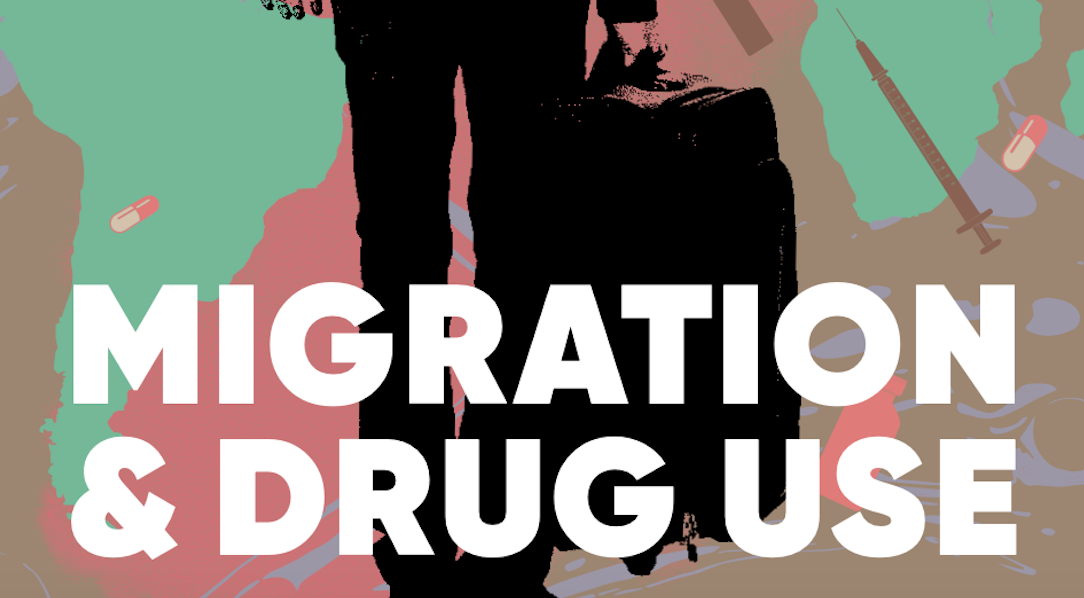

Several risk factors expose migrants in Europe to high-risk drug use. These include traumatic experiences, disengagement with society, unemployment and poverty. Services and municipalities throughout the European Union are faced with the urgent challenge to address these migrants’ needs.
A better understanding of the needs of vulnerable migrants who use drugs could improve local responses throughout Europe. In the SEMID-EU project, coordinated by Mainline, seven partners across Europe worked to improve the (harm reduction) services access for migrants. This project focuses on filling knowledge and practice gaps in drug use and migration in Europe, aiming to improve the wellbeing of vulnerable migrants who use drugs by improving knowledge and understanding among policymakers and practitioners and strengthening capacities of healthcare and support services working with these groups.
C-EHRN created several resources for this project, including a Policy Brief and several Fact Sheets, which you can download below.
Find out more about the other activities and results of the project here.

Multiple authors
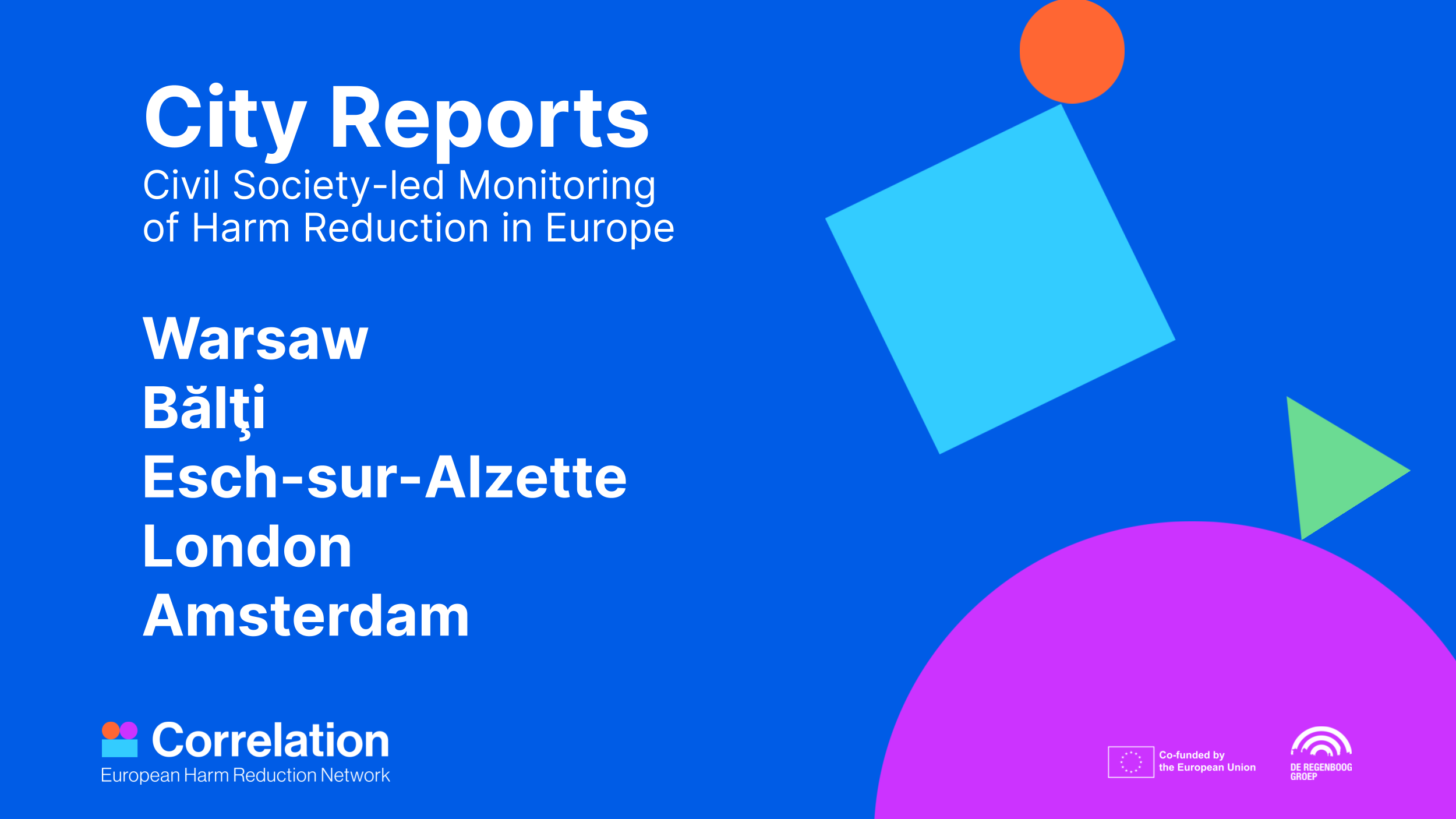
Multiple authors

Multiple authors


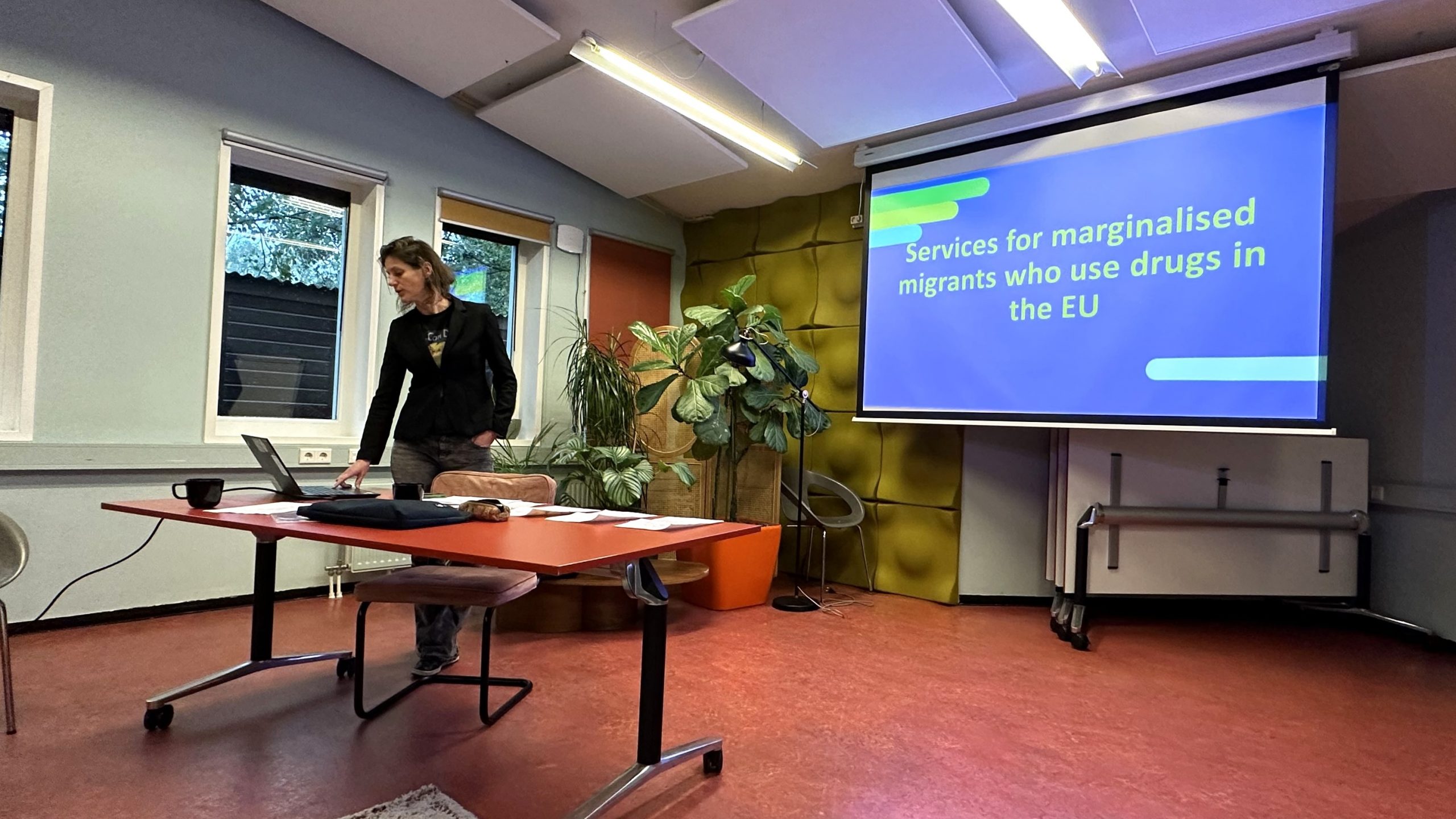
Multiple authors
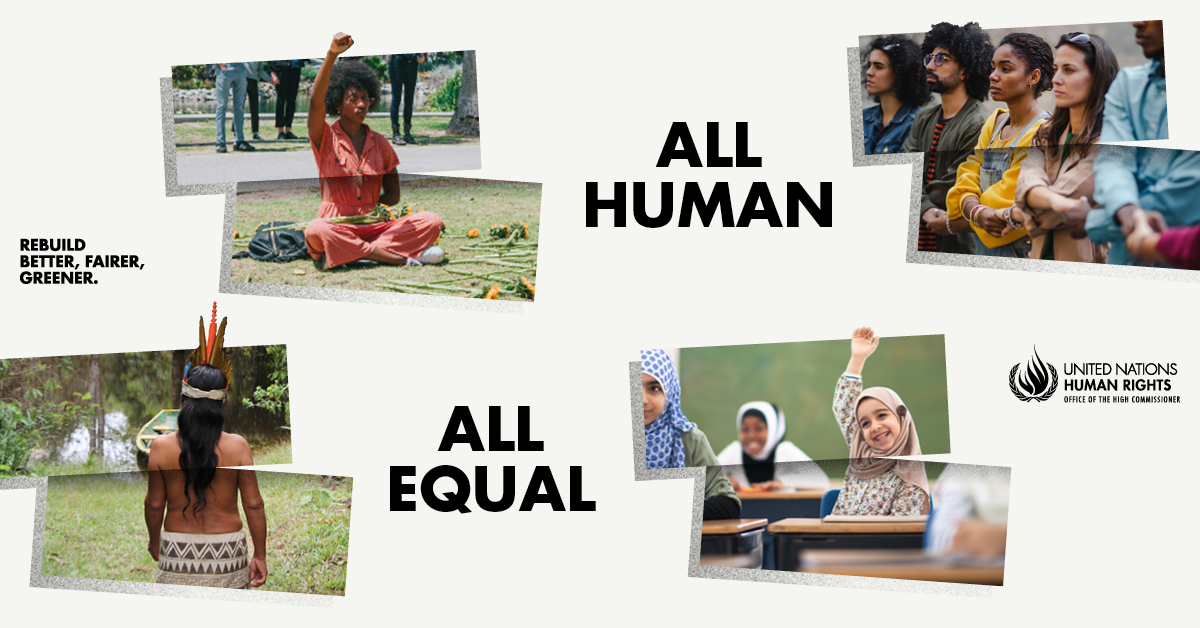
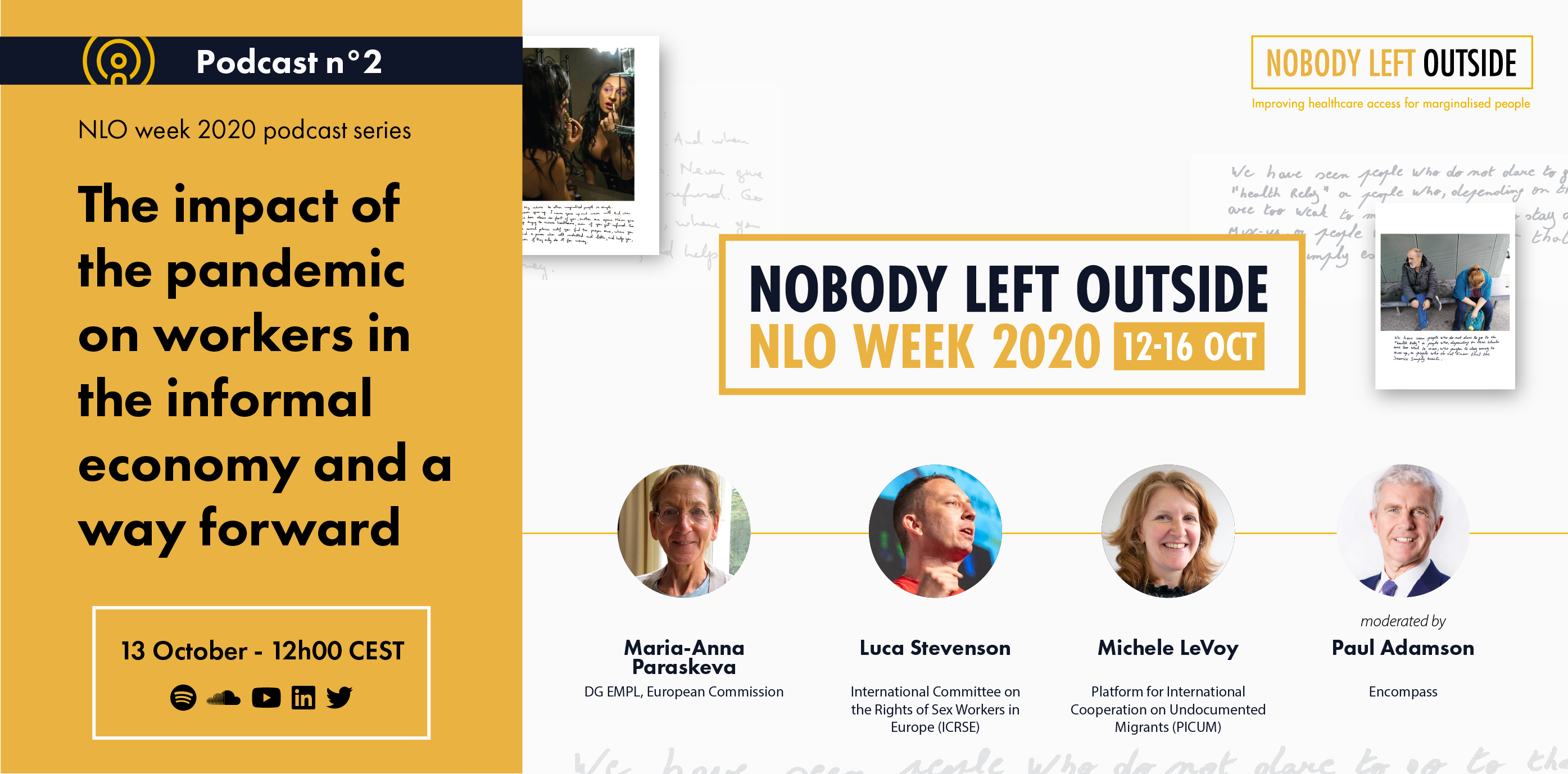
Multiple authors
The COVID-19 pandemic has created an unprecedented crisis for governments and health systems, and has severely impacted the health, lives and livelihood of millions of people worldwide. While COVID-19 has affected everyone, it has had particular impact among marginalised communities such as homeless people, LGTBI people, people who use drugs, prisoners, sex workers and undocumented […]
Multiple authors
On November 25, 2019 the BMJ published the following opinion article encouraging the European Commission to support an EU-level knowledge platform to compile and share research and best practices in healthcare access for marginalised, underserved groups. Also, it calls for a joint action to improve access in these groups; healthcare staff training and capacity building […]
Multiple authors